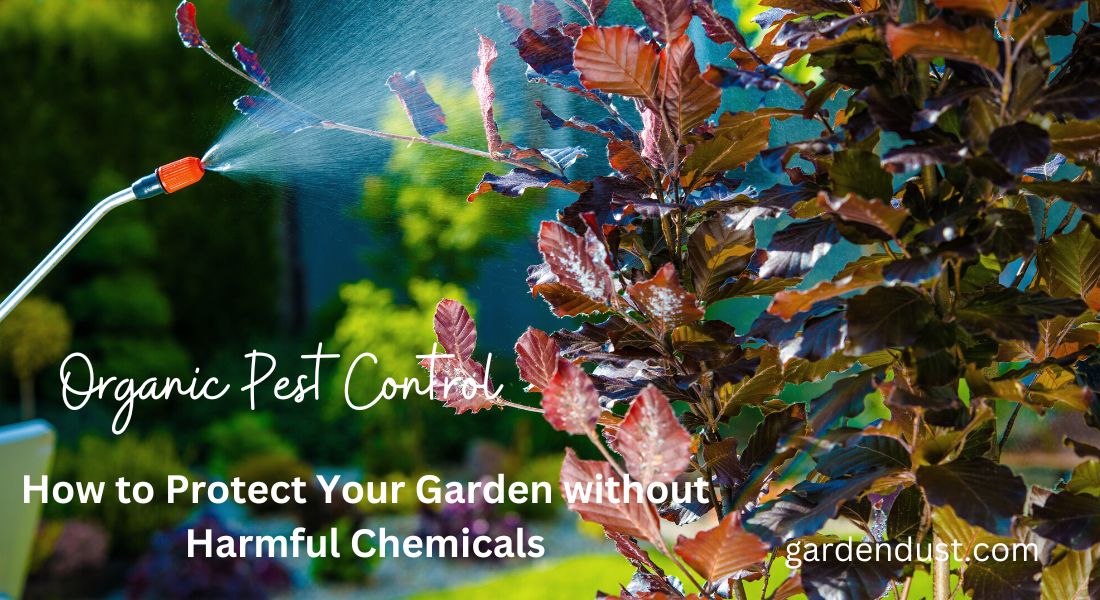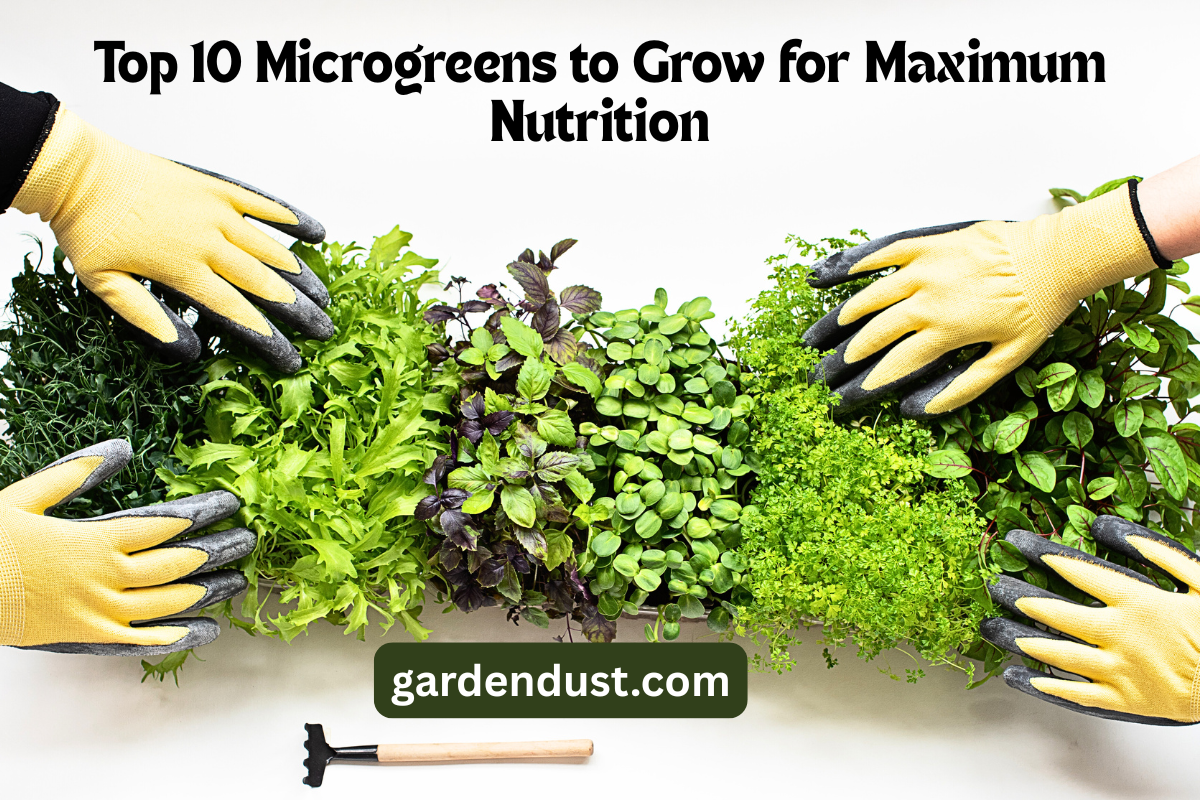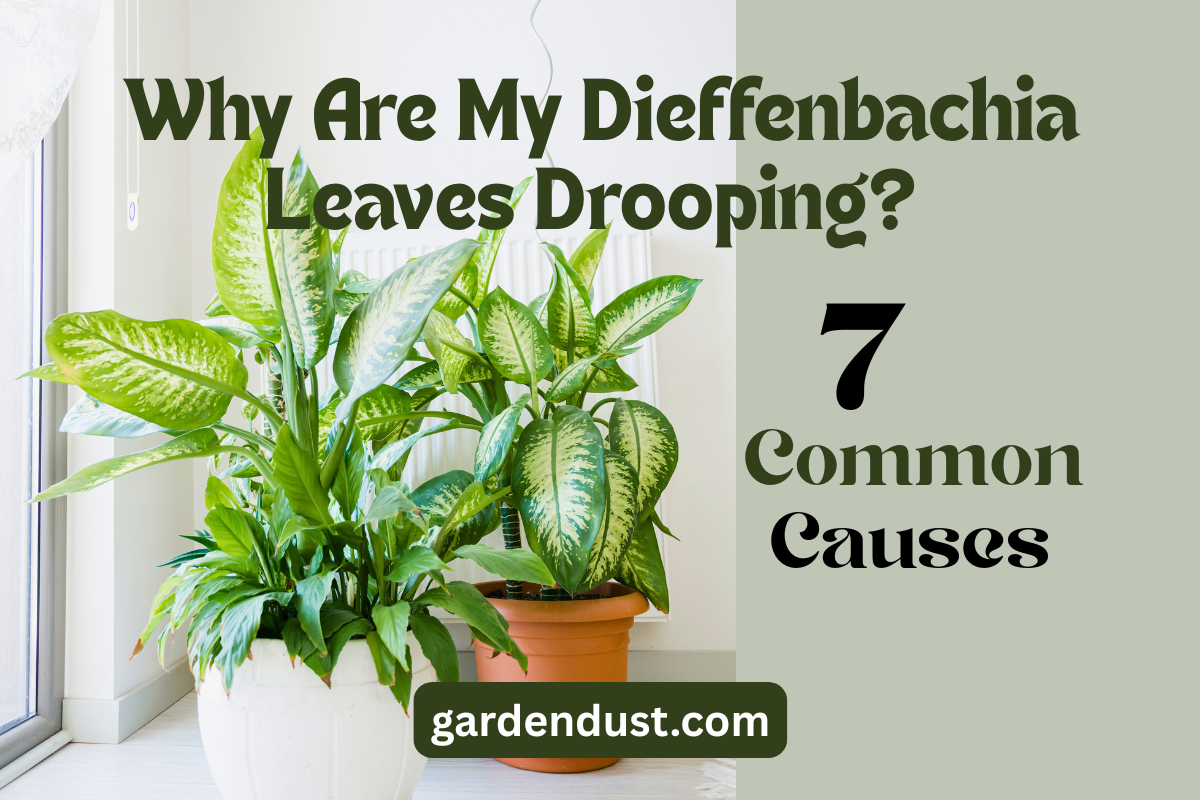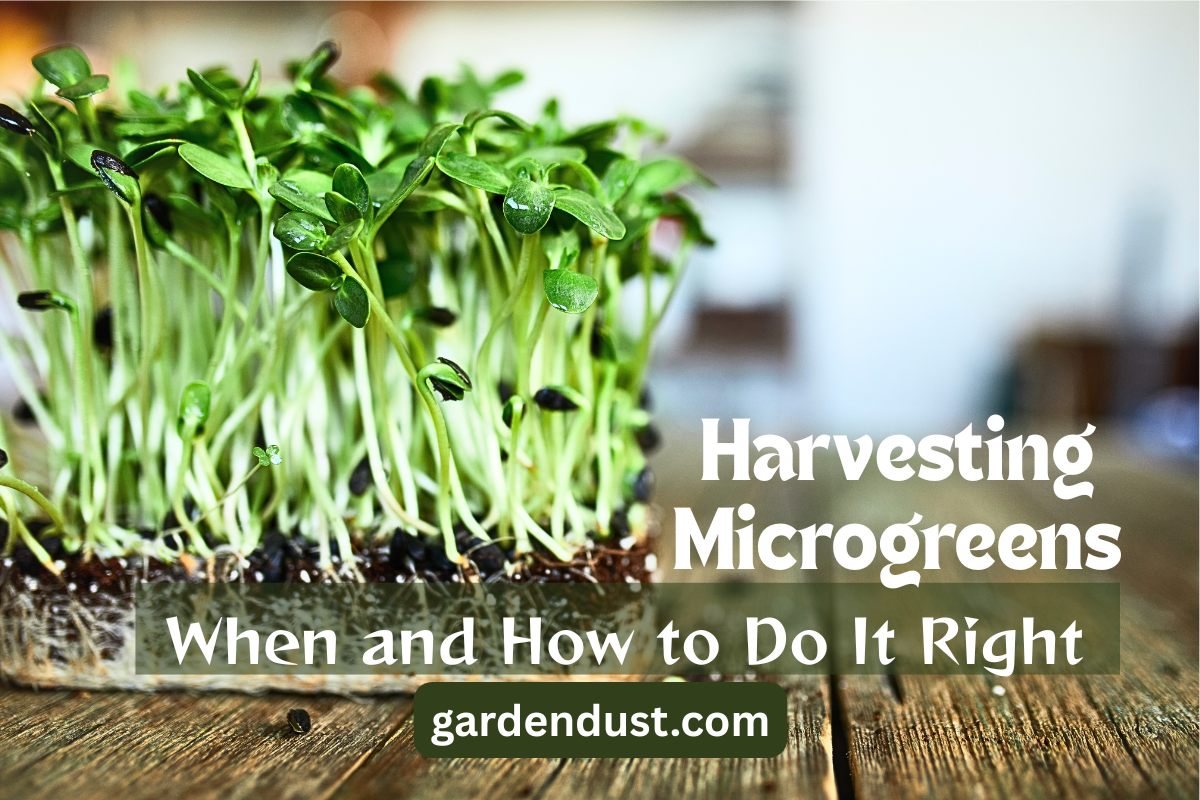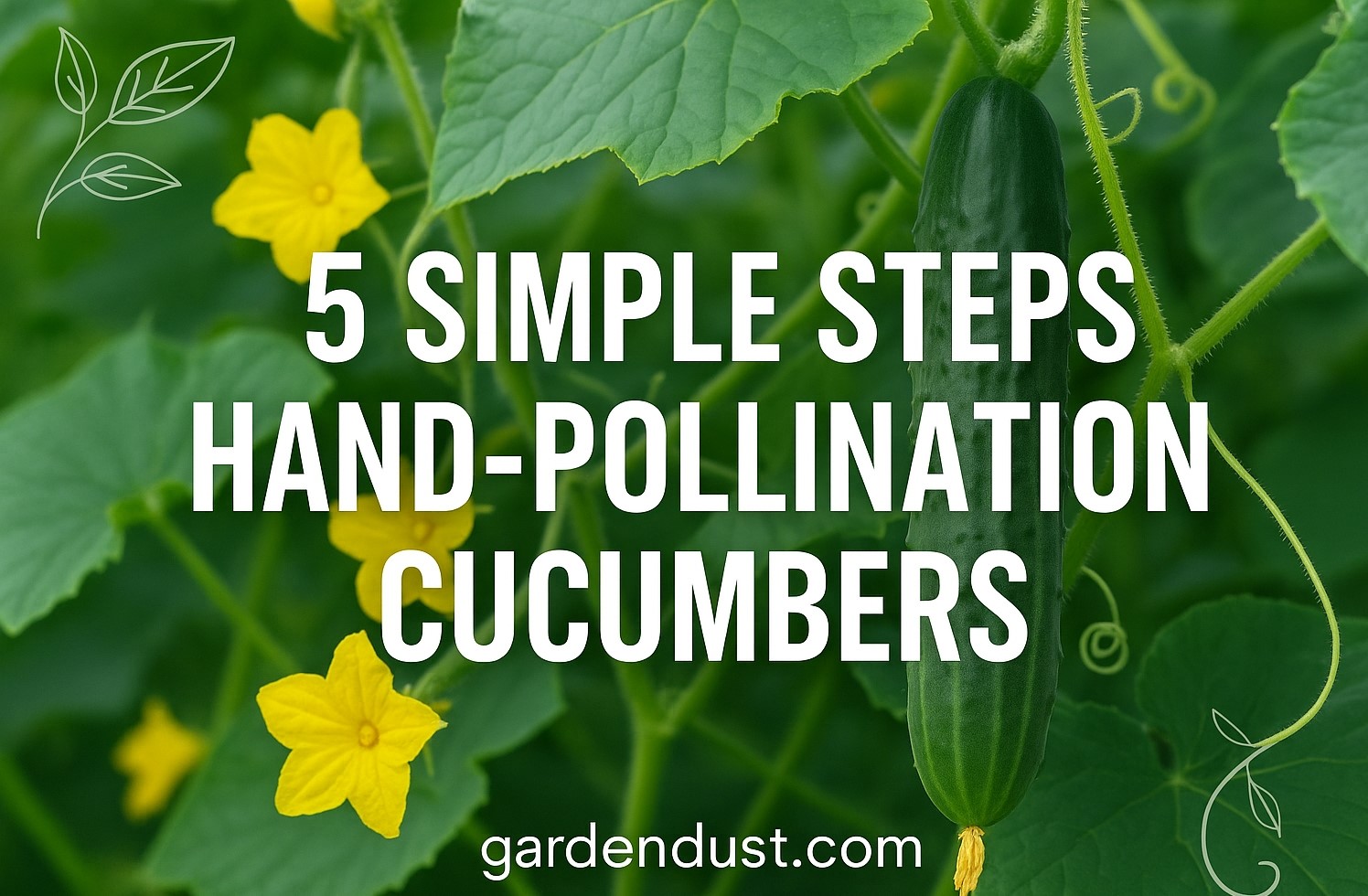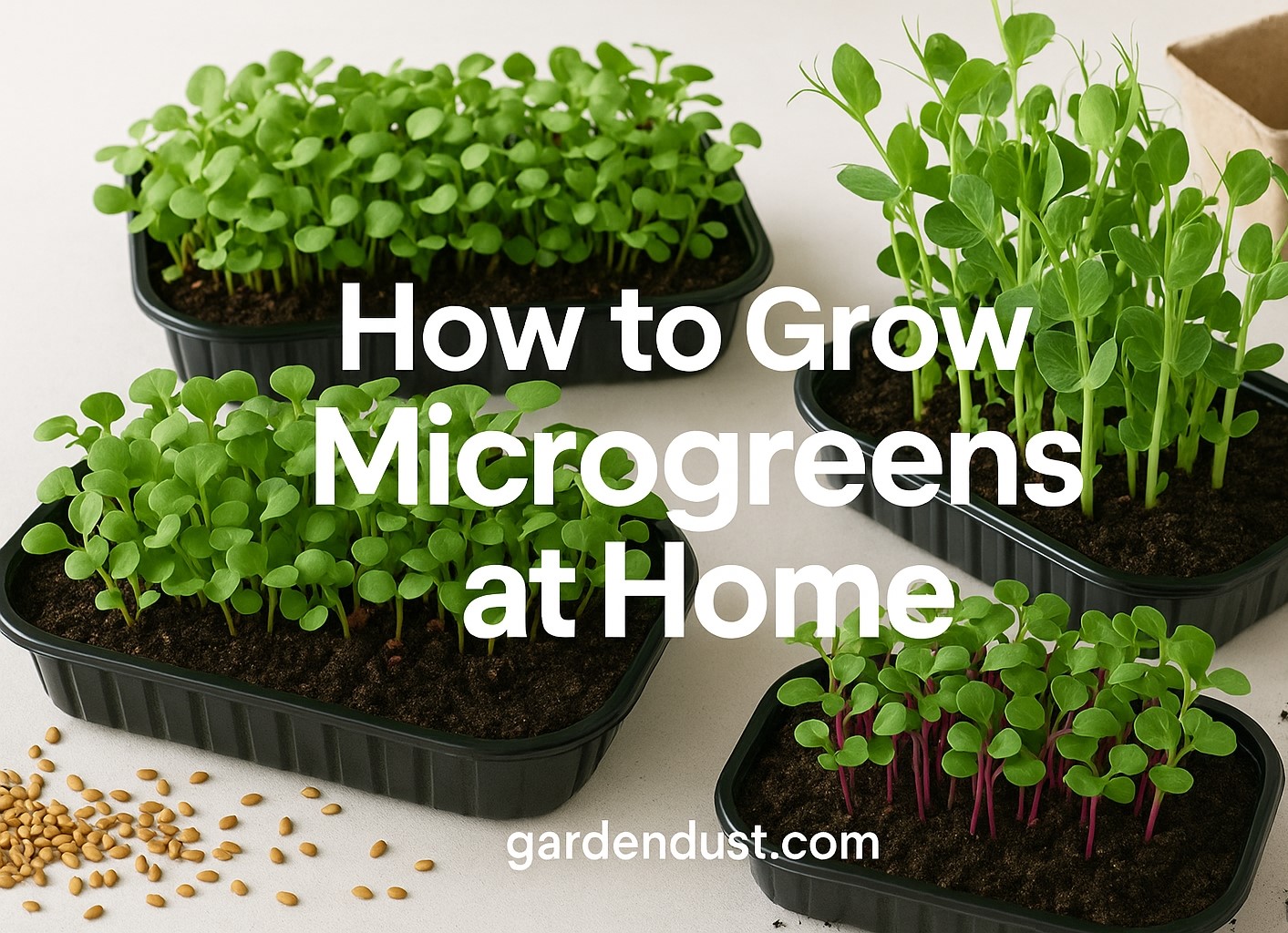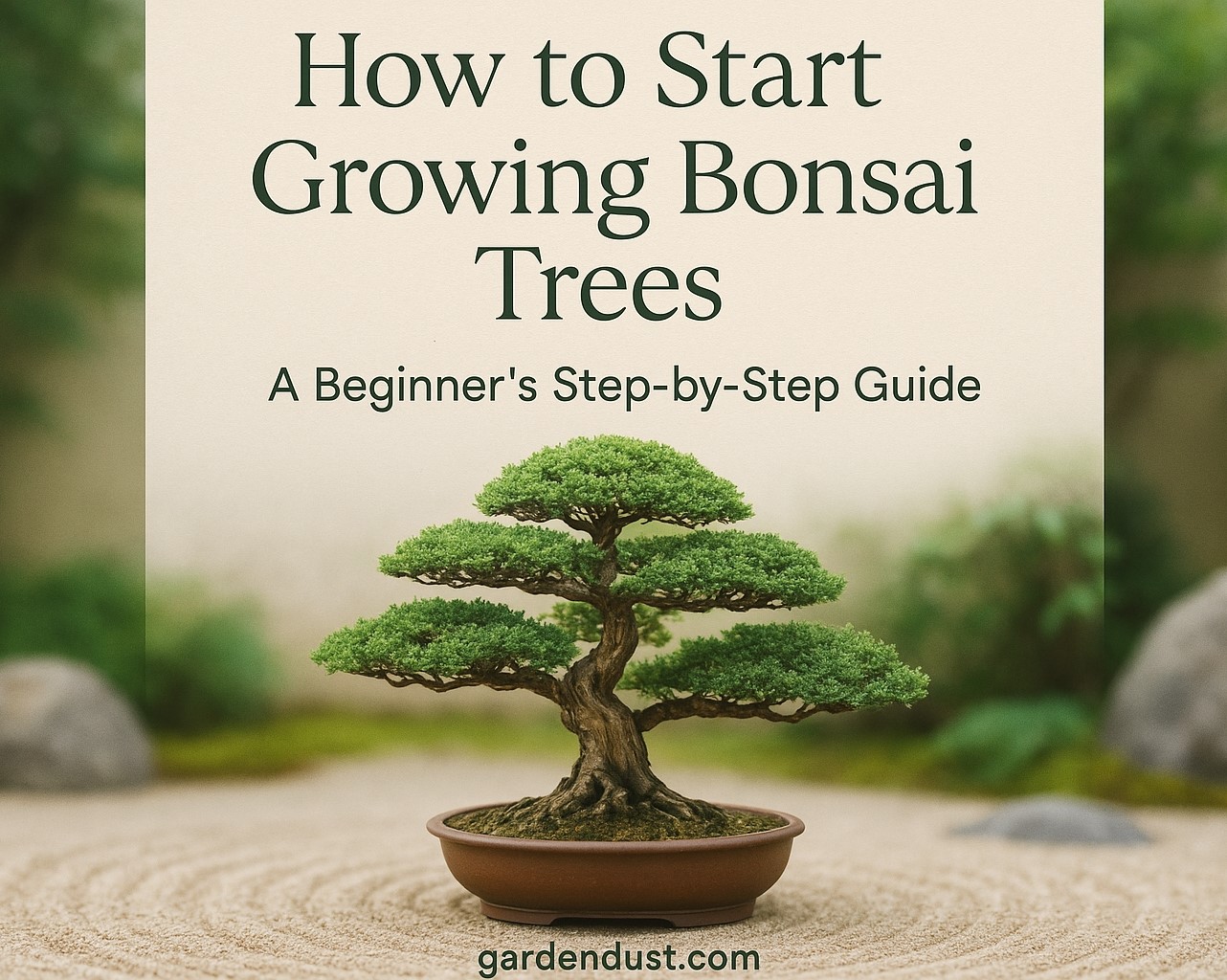A garden is a place of tranquility, beauty, and relaxation for many of us. However, it can be a haven for pests that can quickly destroy all of your hard work. Pests can cause significant damage to your plants, leading to a reduction in yield or even the death of the plants. Many gardeners turn to chemical pesticides to control these pests, but these chemicals can be harmful to the environment, wildlife, and even humans. Fortunately, there are many organic pest control methods that can help you protect your garden without using harmful chemicals.
What is Organic Pest Control?
Organic pest control refers to a set of methods and techniques used to control pests in the garden without using synthetic chemicals. Organic pest control aims to manage pests by focusing on prevention, using natural products, and enhancing the ecosystem’s overall health. Organic pest control methods include using beneficial insects, companion planting, and organic sprays.
Benefits of Organic Pest Control
There are several benefits to using organic pest control methods in your garden, including:
- Safety: Organic pest control methods do not use harmful chemicals that can be harmful to people or pets.
- Sustainability: Organic pest control methods are sustainable and do not contribute to pollution or environmental degradation.
- Cost-effective: Organic pest control methods are cost-effective, and many can be made with items already in your home or garden.
- Healthier plants: Organic pest control methods promote healthy plants that are more resistant to pests and diseases.
Organic Pest Control Methods:-
- Beneficial Insects
One of the most effective ways to control pests in your garden is by using beneficial insects. Beneficial insects are insects that prey on or parasitize garden pests, such as aphids, caterpillars, and spider mites. These insects can help to control pest populations without the use of harmful chemicals.
Some beneficial insects that you can introduce to your garden include ladybugs, lacewings, and praying mantises. You can also attract beneficial insects to your garden by planting flowers that provide nectar and pollen, such as marigolds, sunflowers, and zinnias.
2.Companion Planting
Companion planting is another organic pest control method that can help to keep pests at bay. Companion planting involves planting different plants together that benefit each other in some way. For example, planting marigolds with tomatoes can help to repel pests that attack tomatoes.
Some companion plants that can help to repel pests include:
- Marigolds: repel whiteflies, nematodes, and aphids
- Nasturtiums: repel aphids, cucumber beetles, and whiteflies
- Garlic: repels aphids, spider mites, and Japanese beetles
- Chives: repel aphids and Japanese beetles
- Mint: repels ants and cabbage moths
3.Organic Sprays
Organic sprays are another effective way to control pests in your garden. Organic sprays are made with natural ingredients and are safe for people, pets, and the environment. Some organic sprays that you can make at home include:
- Neem oil spray: Neem oil is a natural insecticide that can help to control pests such as aphids, spider mites, and whiteflies. Mix one tablespoon of neem oil with one quart of water and a few drops of dish soap. Spray the solution on your plants once a week.
- Garlic spray: Garlic is a natural insecticide that can help to control pests such as aphids and Japanese beetles. Blend several garlic cloves with a quart of water and a few drops of dish soap. Strain the mixture and spray it on your plants once a week.
- Oil spray: Oil spray can help to suffocate and kill pests such as mites, scales, and mealybugs. Mix one tablespoon of vegetable oil with one quart of water and a few drops of dish soap. Spray the solution on your plants once a week.
4.Handpicking
Handpicking is a manual pest control method that involves physically removing pests from your plants. This method is effective for larger pests, such as caterpillars and beetles. To handpick pests, inspect your plants regularly and remove any pests that you find. You can also use a vacuum cleaner with a hose attachment to suck up pests.
5.Crop Rotation
Crop rotation is a method of planting different crops in different areas of your garden each year to prevent the buildup of pests and diseases. Crop rotation helps to break the pest and disease cycle, as pests and diseases that attack one crop will not be able to survive when the crop is not planted in the same area the following year.
To practice crop rotation, divide your garden into several sections and plant different crops in each section each year. For example, plant tomatoes in one section one year, and then plant beans in the same section the following year.
6.Mulching
Mulching is a method of adding a layer of organic material, such as leaves, straw, or grass clippings, to the soil around your plants. Mulching helps to control pests by providing a barrier between the soil and the pests, preventing pests from burrowing into the soil to lay eggs or overwinter.
Mulching also helps to retain moisture in the soil and suppress weeds, which can also reduce the pest population by reducing habitat and food sources for pests.
Organic pest control methods offer a safe and effective way to protect your garden without using harmful chemicals. By using beneficial insects, companion planting, organic sprays, handpicking, crop rotation, and mulching, you can control pests in your garden and promote healthy plants.
Remember to inspect your plants regularly and take action at the first sign of pest infestation to prevent the problem from getting out of hand. With a little effort and attention, you can enjoy a healthy, pest-free garden without the use of harmful chemicals. Happy Gardening….

